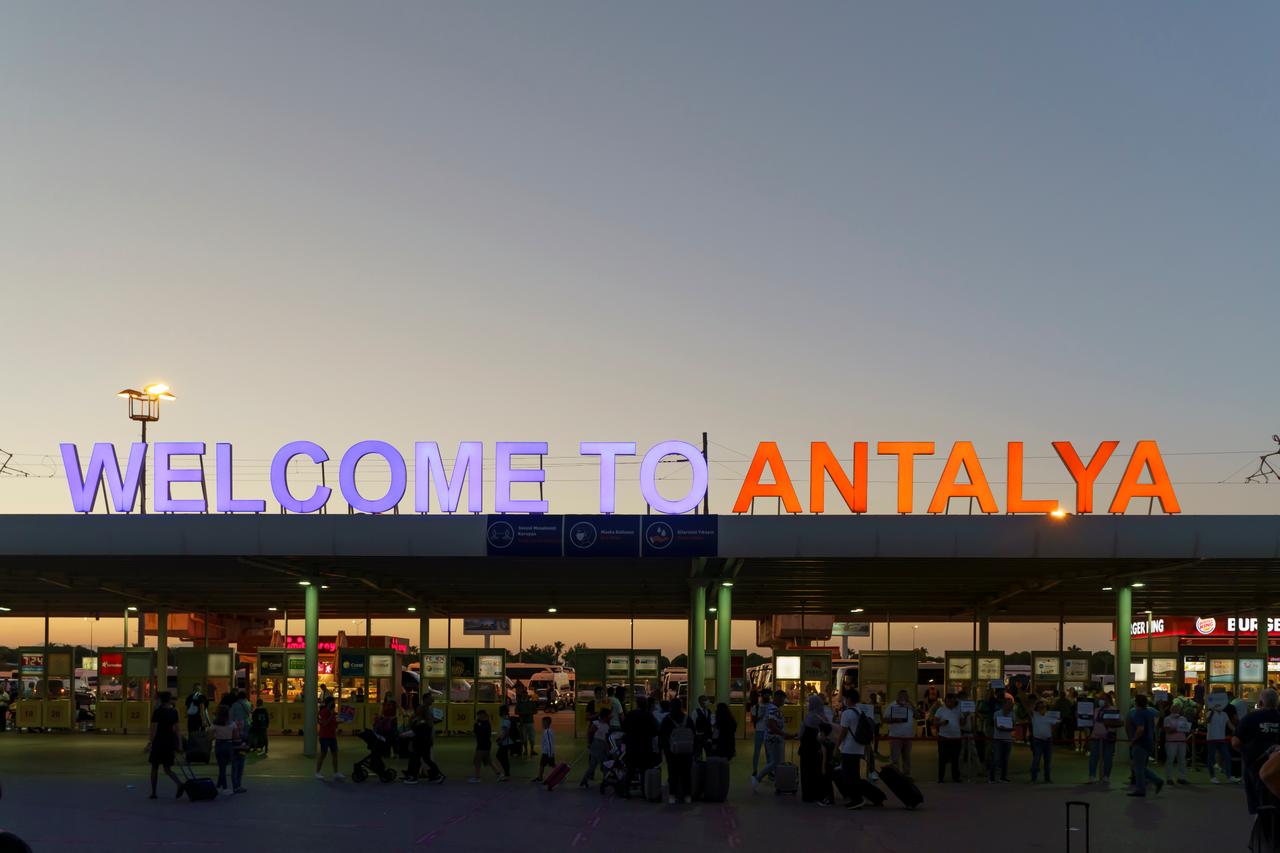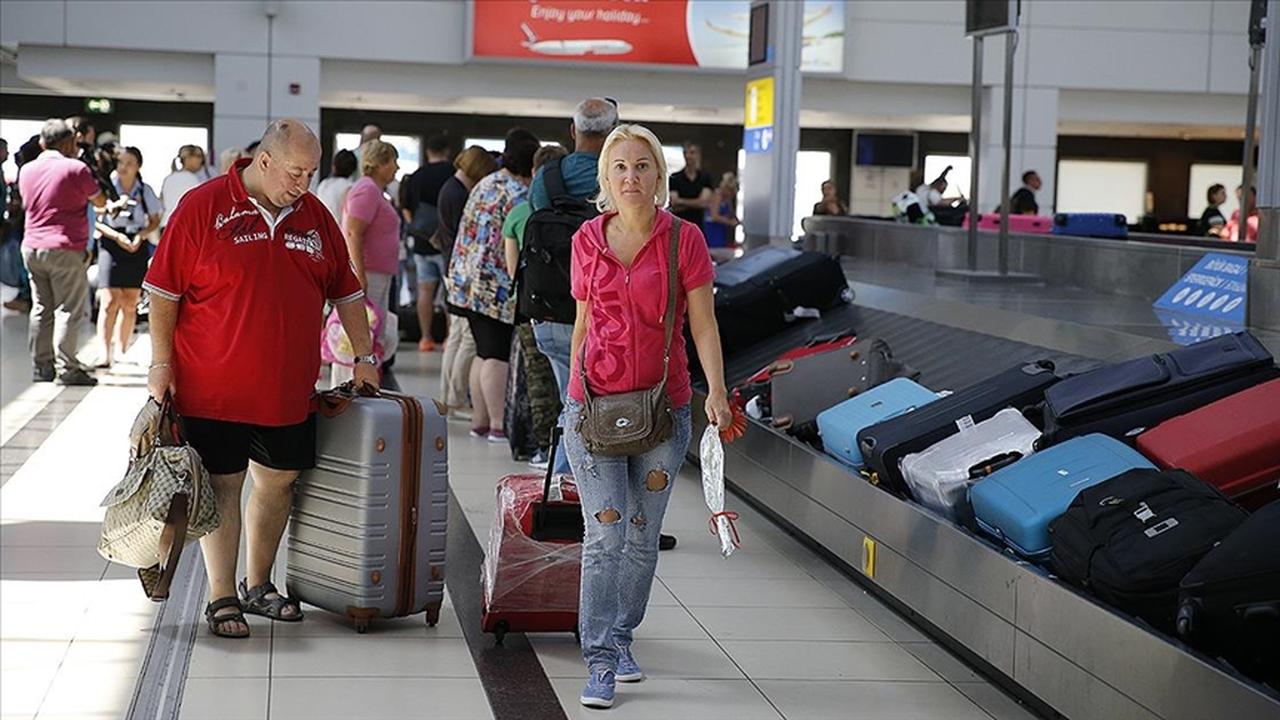
Türkiye is witnessing a noticeable decline in its German tourist base, traditionally the country's largest European market, as higher costs continue to undermine its appeal. Travel reservations from Germany to Türkiye’s southern coastal regions fell by 10% this summer compared to last year, according to travel analysis firm Travel Data + Analytics.
The trend is especially visible in areas such as Antalya and Mugla, where the number of German visitors has dropped in tandem with weaker overall European demand. Analysts attribute the decline to elevated prices in hotels, beach services, dining, and entertainment.
According to data from the Turkish Culture and Tourism Ministry, the number of German tourists visiting Türkiye declined by over 6% in the first five months of 2025, falling from 1.85 million to 1.74 million compared to the same period last year.
Germany was among the largest contributors to the overall decline in European arrivals, following Greece, which recorded a 13.1% drop in visitor numbers—from 294,647 to 256,056.
In total, tourist arrivals from European countries fell by just over 1%, decreasing from 7.75 million to approximately 7.65 million. Overall foreign tourist arrivals to Türkiye between January and May also declined by 1%, from 15.78 million to 15.62 million.

The decline in demand is largely attributed to rapidly increasing service costs, as prices for hotel, restaurant, and similar services rose by approximately 35.5% compared to the same period last year in June, according to data from the Turkish Statistical Institute (TurkStat).
Türkiye’s coastal provinces, including Aydin and Izmir alongside Antalya and Mugla, have been especially affected by what many visitors consider excessive pricing, particularly in popular seaside areas.

Tourism remains a crucial driver of foreign exchange earnings for Türkiye, often described locally as the country’s “oil” due to its economic importance. In 2024, Türkiye generated $60.49 billion in tourism revenue from over 62.2 million foreign visitors.
For 2025, the ministry has set an ambitious target of $64 billion in revenue and more than 65 million international arrivals.